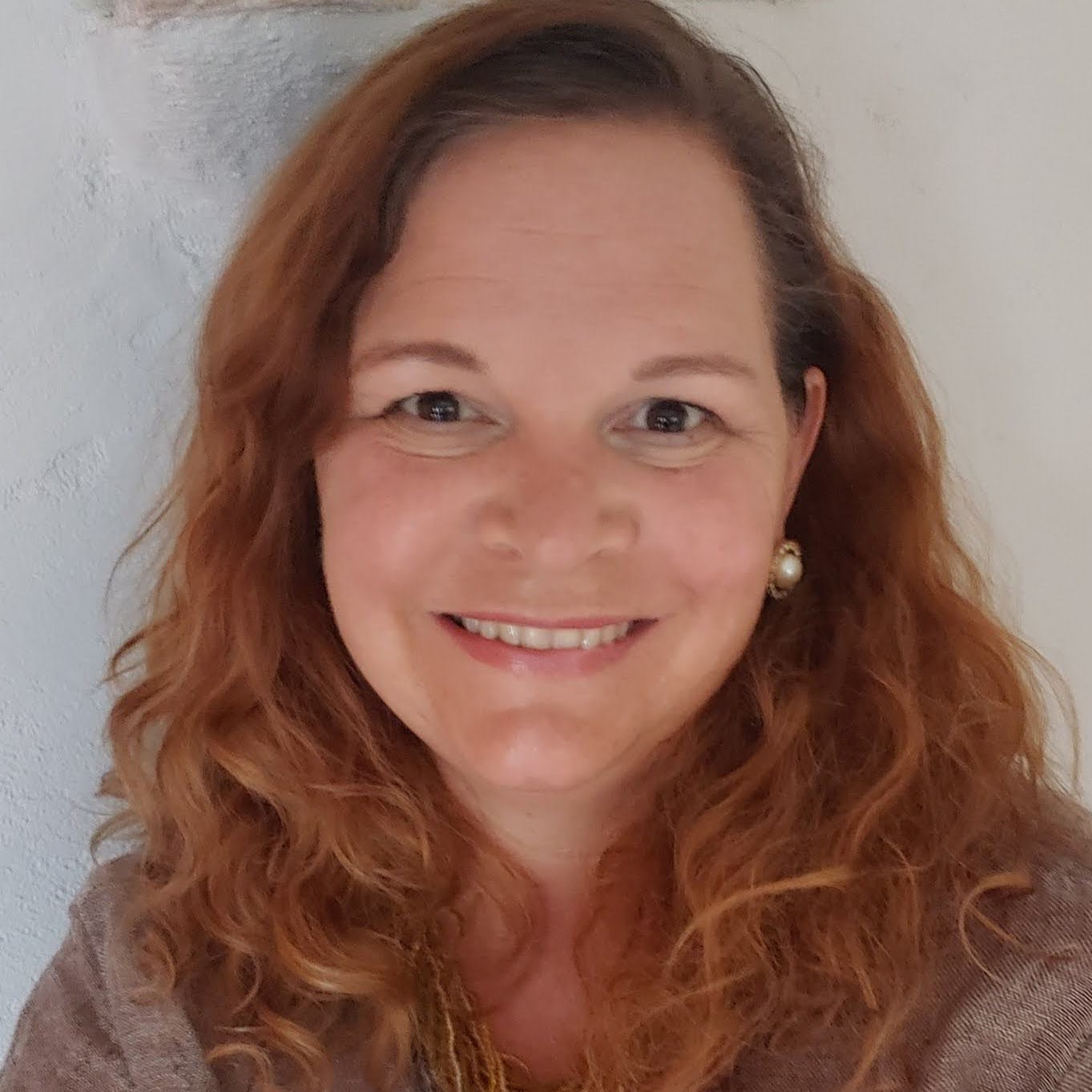
Women have been invisible in agriculture for too long: not counted in the census, not taken seriously for their work and management achievements, excluded from access to capital and credit––and even farm equipment is not made for their bodies. We talk to Jules Salinas of Women Food and Agriculture Network, which is addressing these issues in ways ranging from political action to storytelling.
TIMELINE
1’27 women historically invisible in agriculture
3’44 meeting at UN conference in Beijing, and the founding of WFAN
5’09 starting “learning circles,” sharing experiences
7’17 awareness of internalizing negative stereotypes
8’48 seeing ourselves as part of nature rather than outside and above it
9’48 Braiding Sweetgrass by Robin Wall Kimmerer
10’08 the idea of reciprocity
12’27 farming and beekeeping equipment made for male bodies
14’33 equality through recognizing our differences, strengths, and learning from each other
15’06 access to capital for women
15’55 Women caring for the land program at WFAN
16’45 the Land Back movement
17’34 options for succession planning
17’49 Black Farmer Collective
17’50 HEAL Food Alliance
18’10 the story-telling piece
19’11 stewardship ambassadors
21’14 Harvesting Our Potential mentoring program
24’03 “specialty crops”
25’30 small farmers and gardeners not considered farmers if they don’t have larger acreage
26’29 Humble Hands Farm
27’46 Plate to Politics program
28’59 the stalled farm bill
33’36 getting along on the community level despite political differences
37’18 farmworker rights
39’08 Supreme Court decisions that affect agriculture
39’37 Dark Waters documentary about Dupont
44’40 Women in Agriculture Act
46’33 Liason to the USDA for women
47’27 speaking at Regenerate conference in Denver this year
47’55 Stories of the Season
49’38 building resilience for climate change



Subscribe:
Apple Podcasts
Spotify